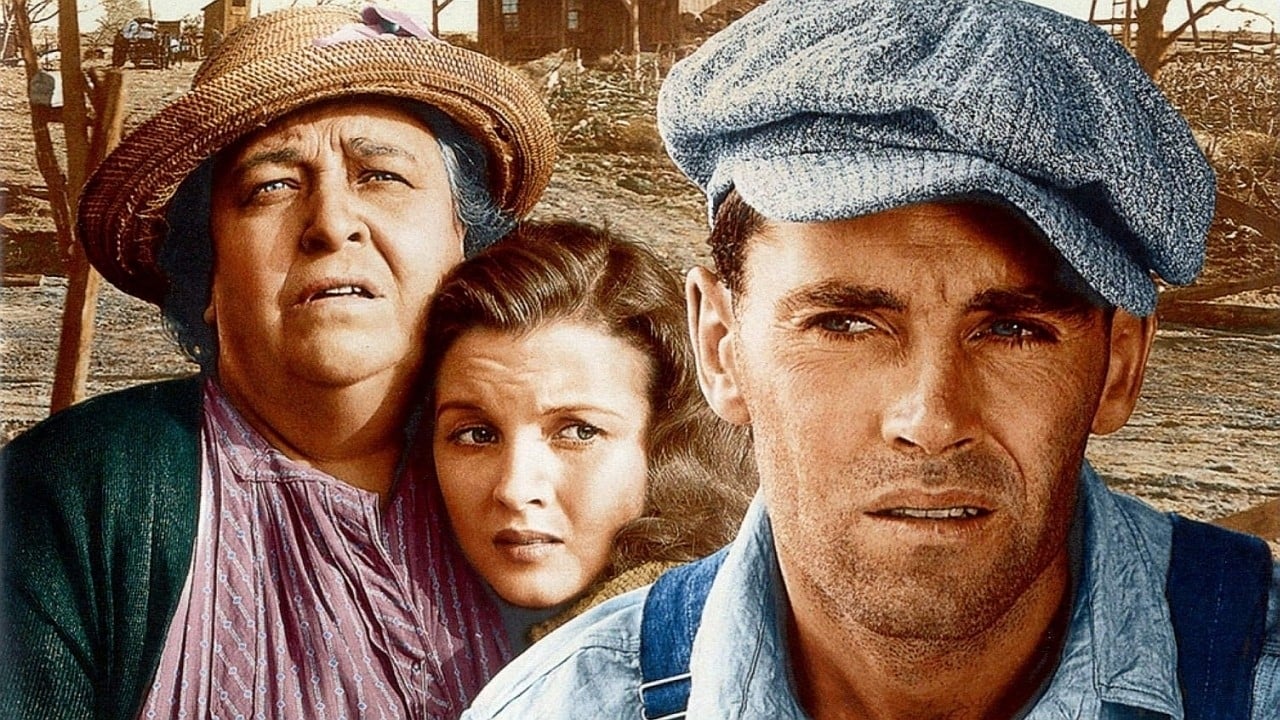

All the same, Muley Graves remains on his land, in spite of regular run-ins with law enforcement. At the beginning of the novel, the Oklahoma sharecropper families are rendered powerless by the repossessing landowners. Thus, inviting the reader to do the same.The novel often focuses on characters who resist in situations that seem hopeless. Steinbeck, if one had not caught the drift earlier in the novel, is clearly displaying the thirst for the milk of human kindness all the wretched have. After giving birth to a still born child, she nurses a boy dying of malnutrition from her still full breasts. This is evidenced in Rose of Sharon’s last act in the novel. The Joads are an allegory, a reminder surely, that such a nationwide catastrophe and lack of human sensitivity should never happen again. However, Steinbeck, in their lack of characterization, may be emphasizing that it does not matter who they are, that they are suffering terribly still matters. While it does evoke compassion, it is hard to truly care about a cause when the characters remain distant to us.

This is perhaps the greatest flaw of the novel and perhaps the point. We recoil at their suffering and are horrified but we never truly know them.

In East of Eden, we grow to love Adam Trask, in The Grapes of Wrath Tom Joad, Ma, Pa, Al, and Rose of Sharon, remain distant to us. Loving humanity collectively is not loving a human. Hart’s Inquisitor” – one cannot take truly love if they do not know relate on a personal and individual level. As Ana Siljak highlights in her article “D.B. This, at times, makes the Joads seem like a symbol of an era rather than individuals. Unlike in East of Eden where Steinbeck follows Adam Trask from birth to death, we as readers are dropped into the lives of the Joads with little explanation. This is effective in evoking the era, however, it often makes the novel feel somewhat too vast. Steinbeck switches from the Joad family narrative to vignettes of California scenery and highway people. The Grapes of Wrath is full of tangible disappoints – the arrival of the Joads to California, only to discover the work they were promised is rare and hardly sustainable the disappointed of several family members the death of both the old and the young due to dehydration and malnutrition and the contempt that the landowners held for the newcomers.Īll this is told in both a focused and vast scope. The novel itself pulses with action, inviting the reader to invest in the pages and thus invest in the life of the Joad family, who represents a whole generation of displaced Oklahomans. The purpose of this narrative of social commentary is meant to evoke compassion in the reader. Although it is clear the author has no political or tangible answer, he does provide one. I read in a literary journal that in writing The Grapes of Wrath Steinbeck was not interested in presenting a cure to the plight of the Okies.


 0 kommentar(er)
0 kommentar(er)
